Footfall dropped across city centre shopping destinations as people opted to stay home and avoid the strikes.
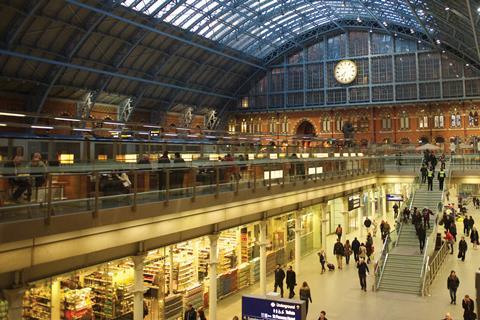
According to the latest data from Springboard, during the period of Tuesday morning until 1pm (June 21), footfall in central London was down 27% compared with last week. In city centres outside the capital, footfall was also 11.2% lower than the previous week.
Springboard insight director Diane Werhle told Retail Week that it was clear many people were choosing to work from home to avoid the strikes across both the UK rail network and TfL services in London.
In contrast, footfall in outer London and market towns was less impacted, down 6.2% and 2% respectively.
“This is synonymous with home working as it is easier for people who are in their home offices to visit their local high street during working hours,” Werhle added.
One grocery source said the strikes had had a deleterious effect on trading in its Central London stores, with sales down 50% on the first day of planned action.
A source at another grocer said that the delivery of some produce to stores had been affected by the strikes, adding it would be using ”additional road transport on a temporary basis this week to ensure we get food to shelves across all our stores.”
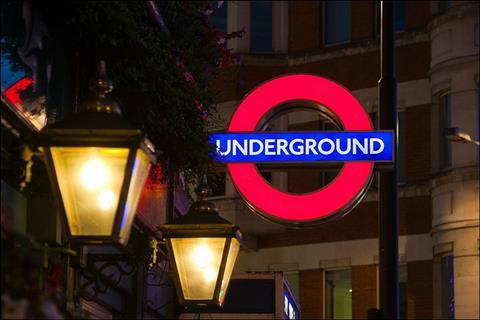
The British Retail Consortium, which represents retailers across the UK, also said that the decline in footfall will dampen the industry’s post-pandemic recovery.
BRC senior analyst James Hardiman said: “Unsurprisingly, the upcoming rail strikes will be damaging for retail, as the strikes limit commuter and customer traffic. UK footfall is already down on pre-pandemic levels, and this will only slow the progress retailers have made to bring people back in-store.”
When compared with pre-pandemic levels in 2019, Springboard data indicates that footfall is still in significant decline – down 49.2% in central London and down 29.8% in regional cities. These measures are equivalent to some of those recorded during lockdown.
In market towns the gap from 2019 footfall levels has narrowed, however. Springboard recorded levels were just -2.5% below 2019 and -13.4% in outer London.
The rail strikes, which will also occur on Thursday and Saturday this week (June 23 and 25), will also have a detrimental effect on retailers in travel locations as commuters and holidaymakers avoid travelling by train where possible.
WHSmith, which has stores in train stations across the country, said that the strikes were a “disappointing” blow to the business, whose airport stores have been thriving with the return of international travel.
Leisure property firm Shelley Sandzer, which leases central London spaces to restaurants such as Franco Manca, Rosa’s Thai and London Cocktail Club, described the strikes as “another kick in the teeth” for both hospitality and retail.
Shelley Sandzer joint managing partner Nick Weir commented: “Operators are under serious pressure post-pandemic with not only cash flow a significant concern, but revenues have yet to exceed pre-pandemic levels, which is only solved by the continuous flow of footfall from engaged consumers.
“The strikes are a fight that was not needed or wanted. It isn’t just the immediate impact of strikes that causes an issue, but the creation of a sense of apprehension, nervousness and anxiety moving forward, particularly when consumers look to book future events, make plans, and experience a life beyond Covid.
“It’s important that employers, the government and unions work together to solve the issue”
Nick Weir, Shelley Sandzer joint managing partner
“We have all witnessed the renaissance of people returning to the cities, both for work and leisure, and these strikes have the potential to skew the minds of thousands of people, weighing up whether travelling into the city is really worth the risk, not only on a personal level, but a logistical level.
“It would be a real shame to see the success of the last few months go to waste once again due to hesitation and concern around travel, and it’s important that employers, the government and unions work together to solve the issue before we witness another blow to the beating heart of society.”
The New West End Company, which operates 80 streets in London’s famous shopping and leisure districts also said the strikes threatened to dampen the first post-pandemic summer.
Chief operating officer Dee Corsi added: “This week’s rail strikes have brought London’s West End, and the wider country, to a grinding halt. This is a particular blow for commuters reliant on these services to get into the capital – and other city centres for work – and retail and hospitality businesses that are already struggling with rising costs and staffing shortages.
“With international visitor numbers still recovering from the impact of the pandemic, it is frustrating to see fresh disruptions that will deter much needed domestic visitors. These strikes will hit our retail and leisure destinations at a time when they should be making the most of our first restriction-free summer since 2019.”
• Never miss a story – sign up to Retail Week’s breaking news alerts




















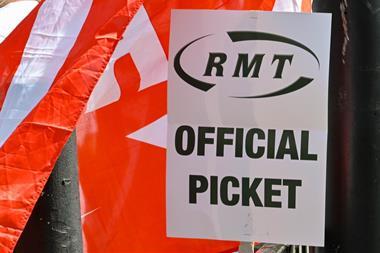

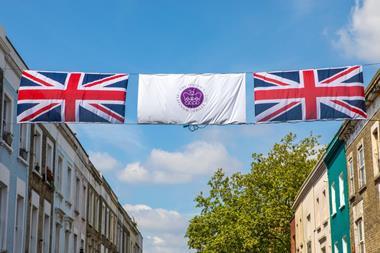


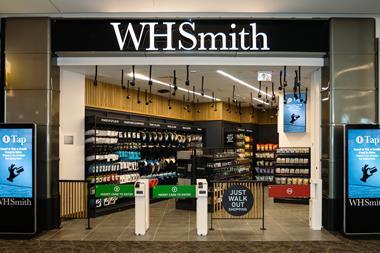
No comments yet